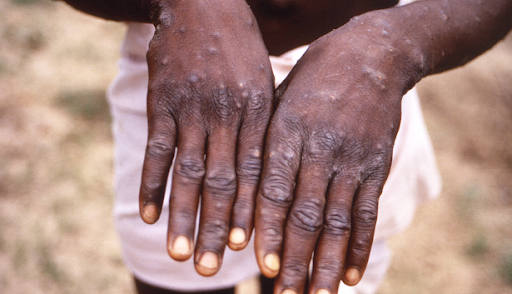
The spread
of Mpox virus in Africa is getting out of control, Africa Centre for Disease
Control and Prevention Director General Jean Kaseya has warned.
In a
message shared on X, Kaseya said cases of the diseases are increasingly being
confirmed in the continent.
“I have to
say it clearly and loudly that Mpox is getting out of control if we do not act,”
he said.
He noted
that more than 1,000 deaths have been recorded and the disease has spread to 12
more countries from April to August.
"If we continue
with meetings and discussions, we will not succeed. We are still talking about
pledges being made. We ought to finalise all these discussions next week to
translate the pledges into concrete money, tools, and vaccines for our countries," he said.
Africa Centre
for Disease Control and Prevention is a specialised technical institution of
the African Union that strengthens the capacity and capability of Africa’s
public health institutions.
On October
14, Health Director-General Patrick Amoth confirmed the first Mpox death in
the country.
Amoth
confirmed that the number of Mpox cases now stands at 13, with eight people
having fully recovered and have been discharged.
The Health
DG added that four patients are still recuperating in different hospitals.
“One
patient passed on due to a co-existent medical condition,” he said.
Mpox was
declared a public health emergency by the Africa Centre for Disease Control and
Prevention On August 14, the World Health Organisation similarly proclaimed the
event a public health emergency of international concern (PHEIC).
The World
Health Organization donated medicines for NTDs and Mpox diagnostics to the
Ministry of Health.
The WHO
donated 15,215,000 tablets to support Kenya's fight against NTDs to eliminate conditions like schistosomiasis and soil-transmitted helminthiases.
The
donation worth Sh213 million worth of medicine is to be used for a mass drug
administration later this month targeting over 15 million people in 15
counties.
According to the ministry, the focus will be on the Coastal region, Lake Victoria basin, and Western regions, where the burden of these diseases remains highest.












